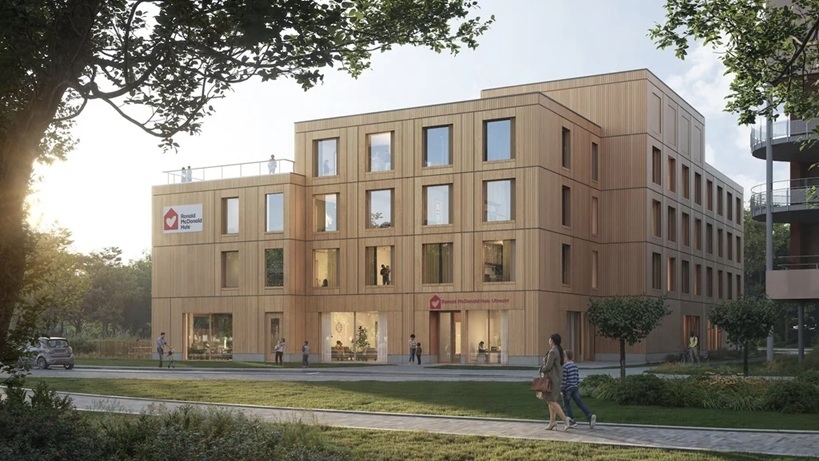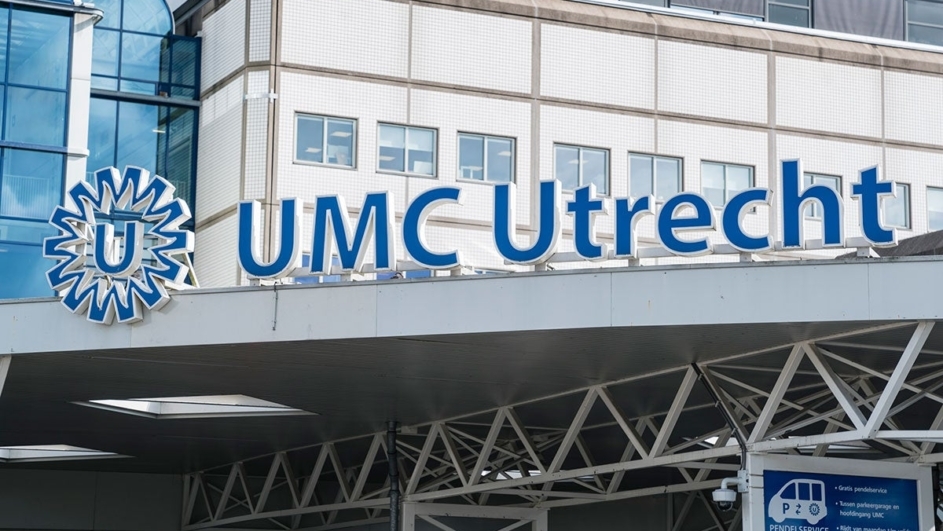Potential new treatment for rhabdoid brain tumors

Researchers at the Princess Máxima Center have found a promising potential treatment for ATRT brain tumors in children using the existing cancer drug gemcitabine.
Potential new treatment for atypical teratoid rhabdoid tumors in the brain
Researchers at the Princess Máxima Center have discovered a potential new treatment for atypical teratoid rhabdoid tumors (ATRT) in the brain. Lab studies using new research models show promising results: the drug gemcitabine kills tumor cells. Dr. Dennis Metselaar says: “Gemcitabine is already an approved drug for other types of cancer. Preparations for a potential clinical study have begun.”
In the Netherlands, around three children are diagnosed with an ATRT each year. These tumors usually occur in the brain. Currently, only a small number of children are cured through surgery, intensive chemotherapy, and high-dose radiation. Research into better treatments is therefore crucial to increase survival rates.
Tumor cell death
Dr. Dennis Metselaar, postdoctoral researcher in the Hulleman Group, and his colleagues studied the effect of gemcitabine on ATRT cells in the lab. This followed screening of more than 140 drugs on various types of pediatric brain tumors. The results showed that ATRT, unlike other brain tumor types, is highly sensitive to gemcitabine. The sonic hedgehog (SHH) variant, which is both the most common and most aggressive form, was especially sensitive.
The team developed new models for this research, including mouse models and tumor cell cultures, using tumor cells from a child previously treated for ATRT. Large-scale testing on cell cultures showed gemcitabine to be the most effective drug for ATRT. They then validated its effects on full tumors in mice. After treatment, the mice lived over 30% longer on average compared to those treated with existing therapies. Remarkably, two treated mice survived the entire study period.
Metselaar: “This research is still in an early phase, but the results are encouraging. It’s the first time we’ve seen mice with ATRT live significantly longer from a single drug with minimal side effects.”
The results of the study were published today in Cell Reports Medicine. The Hulleman Group has also made its new research models—cell cultures and mouse models—available to other researchers. The research was funded by KiKa (Children Cancer-free Foundation).
On a molecular level
To understand how the drug works, Metselaar and his colleagues examined ATRT cells at the molecular level. “We observed that gemcitabine reduces the SIRT1 protein in the cell. As a result, two other proteins—NF-kB and p53—increase. Unlike in many other (brain) tumors, these proteins are not commonly mutated in ATRT, but merely suppressed. They then trigger tumor cell death. Due to this direct link with SIRT1, and the specific effect of gemcitabine on this protein, we believe this explains why the drug is so effective.”
Next steps
Lab research shows that ATRT is highly sensitive to treatment with gemcitabine.
Dr. Esther Hulleman, group leader and principal investigator: “These results indicate that this drug could potentially become part of ATRT treatment—possibly in combination with other drugs. The next step is translating this to a clinical study. Since gemcitabine is already approved for use in childhood cancer, this process could move more quickly. A clinical trial will help determine whether our lab findings can indeed help more children with this aggressive cancer survive.”
Source: Princess Máxima Center

Laigo Bio at Utrecht Science Park raises €11.5 million in investments
Laigo Bio, a start-up located at Utrecht Science Park in the Life Sciences Incubator building, announced today that it has raised €11.5 million in investments from a large number of leading investors.

Ronald McDonald House Utrecht presents plans for new, larger House with 50 rooms
Ronald McDonald House Utrecht is building for the future. At Utrecht Science Park, next to the Wilhelmina Children’s Hospital and within walking distance of the Princess Máxima Center, Ronald McDonald House Utrecht has advanced plans to build a brand new, sustainable House with 50 guest rooms. Preparations are well underway, and construction is scheduled to begin in the second half of 2026. The goal is to open the new House sometime in 2028. This expansion will allow the House to offer more families of seriously ill or care-intensive children a warm home, allowing them to be close to their sick child day and night.

Renewal and sustainability UMC Utrecht
In the coming years, most of the UMC Utrecht will be renovated, rebuilt or newly constructed. Many of our buildings are already nearly forty years old and require renovation and sustainability.

Utrecht Science Week anniversary edition a great success
The fifth edition of Utrecht Science Week was a resounding success! With more programs, locations, speakers, and visitors than ever before, we look back on an exciting week. The variety of programs and the diverse audience were wonderful to witness. This way, the groundbreaking research here at Utrecht Science Park isn’t kept behind closed doors, but is given the opportunity to inspire others.